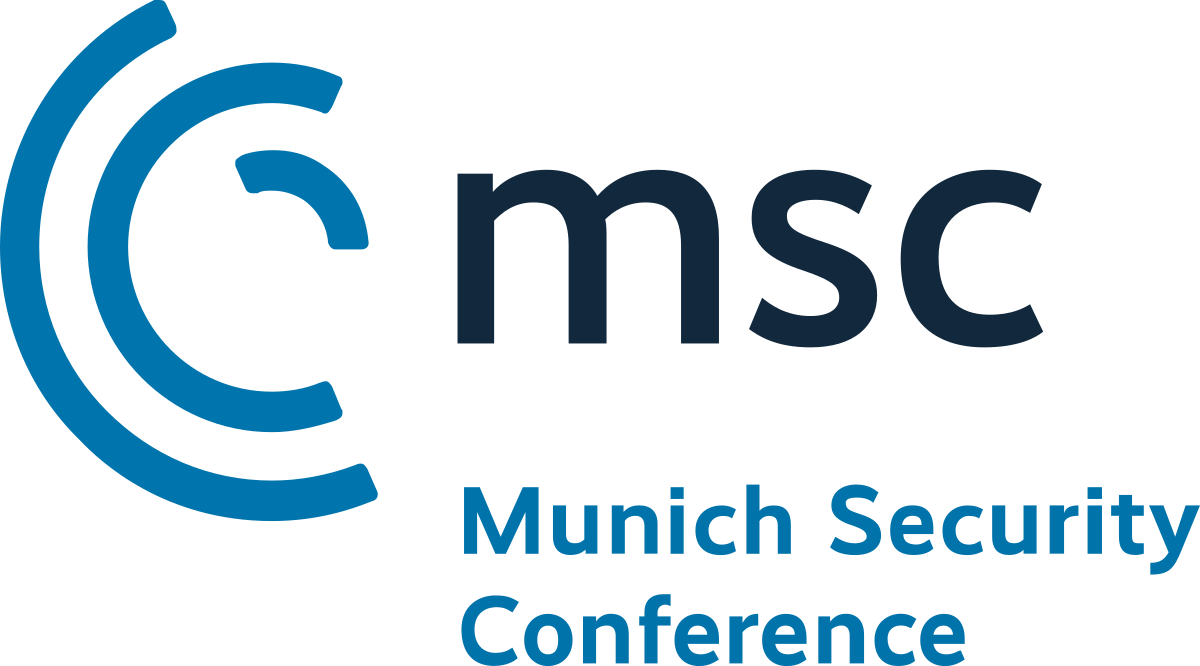Munich Security Conference 2025
Recent developments at the 61st Munich Security Conference (MSC) have brought into light shift in the geopolitical landscape between the United States and Europe. The conference, held in February 2025, was marked by discord and differing priorities among attendees. With the ongoing war in Ukraine, the absence of Ukrainian representatives from crucial negotiations has raised concerns about the future of European security and unity.
End of an Era for NATO
- NATO, established in 1949 to counter Soviet expansion, is facing a very important moment.
- The alliance now includes 32 members, but recent events have shaken its foundational principles.
- The US Defence Secretary has urged European allies to increase defence spending .
- This change indicates that Europe can no longer rely on the US as its primary security guarantor.
- The post-World War II security architecture in Europe is being redefined.
Ukraine Policy Reassessed
The conflict in Ukraine has led to a reassessment of Western policies. European nations are now urged to ramp up their military expenditures to deter Russian aggression. Current NATO spending guidelines may rise from 2% to 3% of GDP. This is in response to Russia’s increased military budget, which exceeds European spending.
US Vice President’s Controversial Speech
US Vice President JD Vance’s speech at the MSC drew mixed reactions. He accused European governments of abandoning core values and failing to address voter concerns. His remarks were deemed insulting by many delegates. However, they resonated with some factions, indicating a growing divide in transatlantic relations.
Discord Among Allies
The conference exposed rifts between US and European policies. Simultaneously, former President Donald Trump announced plans for tariffs on steel and aluminium imports. This has further complicated the relationship, as European leaders strive to maintain strong ties with both the US and the EU.
About Munich Security Conference
- The MSC has evolved since its inception in 1963.
- Originally focused on military issues, it now addresses various global challenges, including climate change and migration.
- The conference aims to encourage dialogue among international security stakeholders.
- In 2023, it notably excluded Russia, reflecting the current geopolitical tensions.
The Future of Transatlantic Relations
The current climate suggests a reevaluation of transatlantic alliances. The rise of populist parties in Europe and contrasting political ideologies in the US are reshaping these relationships. The MSC serves as a platform to discuss these changes, but the outcomes remain uncertain.
Month: Current Affairs - February, 2025
Category: International / World Current Affairs








